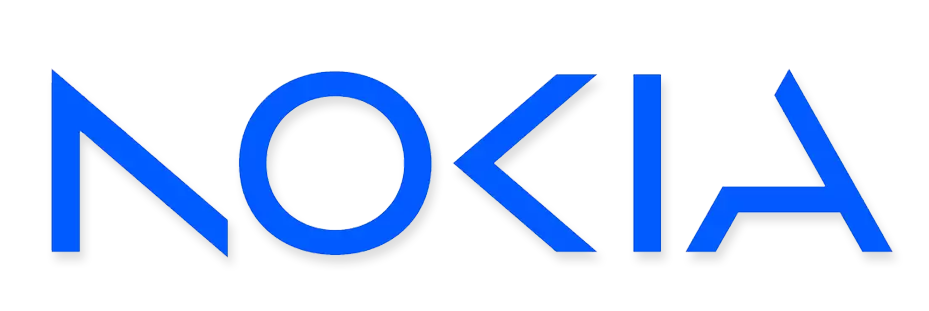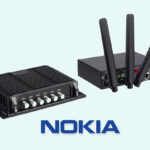ASIA ELECTRONICS INDUSTRYYOUR WINDOW TO SMART MANUFACTURING
Nokia Offers Small Sites Easy Access to Industry 4.0
Nokia has announced the launch of the new configuration Nokia DAC PW Compact. Particularly, this aims to meet the private wireless connectivity needs of small and mid-sized industrial sites.
Recently, more industries are moving toward digital transformation to improve their business processes. The compact version of Nokia’s market-leading private wireless solution delivers rigorous security and reliable connectivity. Thus, ensuring even the smallest enterprise sites can benefit from the transition.
Available for fast delivery, the Nokia DAC PW Compact can address the growing demand for small-medium-size campuses. Based on the Nokia AirScale small cells, it delivers pervasive connectivity for both human and machine in the toughest industrial environments. Furthermore, the Nokia DAC private wireless solution, its smaller form factor aligns with the coverage requirements of small industrial sites. Also, with zero upfront investment, Nokia DAC PW Compact offers a cost-effective connectivity option for small industrial premises.

In addition, in keeping with Nokia’s commitment to accelerate digital transformation and green energy adoption, the Nokia DAC PW Compact is up to 60 percent more energy-efficient than Wi-Fi, resulting in much lower energy footprint.
Addresses Poor Connectivity
Poor connectivity is hindering some SMEs from achieving their full revenue potential. Moreover, ABI Research said the logistics sector is forfeiting upwards of $664 million in annual revenue. Here, mission-critical private cellular technology, such as the Nokia DAC PW Compact, could help to realize this. For sectors like warehousing, where sites are densely populated with metal shelves and coverage holes that can impact business. Particularly, by causing handover failures, parcel loss, or tracking issues. Thus, the compact 5G private wireless solution enhances existing operational use cases and makes many more possible.
The platform is also suitable for small enterprises within ports, manufacturing, mining, petrochemical, retail, and many more industrial segments. It is easy to use with plug-and-play deployment and IT native operability and provides configurations for indoor, outdoor, and mixed radio coverage.
Furthermore, larger enterprises deploying the Nokia DAC PW Compact in small facilities will have the confidence of a single multi-site private wireless solution deployed across all their campuses.
Embrace Full Digital Transformation
Enterprises expand their private wireless deployment over time. There is an easy upgrade path to add incremental capacity, users, and radio configurations, as well as addition of Wi-Fi technology.
In addition, by converting the deployed edge to Mission Critical Industrial Edge (MXIE), enterprises can transform their private solutions into a full digital transformation. Thanks to the MXIE capabilities and its selection of Nokia and third-party OT use case applications.
Initially available in the United States leveraging CBRS spectrum, Nokia DAC PW Compact is available exclusively through an extensive network of Nokia-certified reseller and system integration partners. They include DXC Technology, Future Technologies Venture LLC, Graybar, and Trilogy NextGen.
With stock on hands for many of these channel partners, the customers can choose from one of three predefined configurations for fast delivery of a DAC PW compact system that matches their sites’ requirements. Furthermore, the DAC PW Compact brings an OPEX-based model for zero upfront investment and predictable monthly fee.
In addition, it operates through the standard DAC O&M toolkit and can be managed maintained via a range of service level agreements provided by the same partners.
Stephan Litjens, Vice President of Enterprise Campus Edge Solutions at Nokia, said, “Regardless of the size of the operation, Nokia has a solution that will connect people, machines, and sensors in an energy-efficient manner and at an economical price point – equipping an even wider range of industries for their journey to Industry 4.0.”


